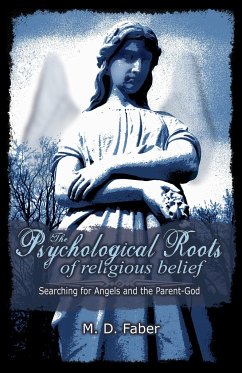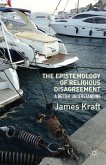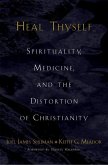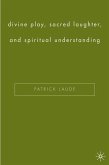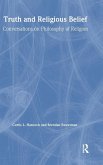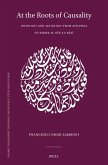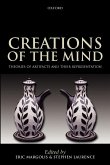In this insightful new study, M.D. Faber, whose previous work on the psychology of religion has won widespread critical acclaim, offers a comprehensive, naturalistic explanation of religious experience from the intertwining perspectives of neuroscience and developmental psychology. Faber here argues that belief in God, the powerful sensation of his presence, and the heartfelt assent to the reality of the supernatural are all produced by the mind/brain's inherent tendency to discover in religious narrative a striking, memorial echo of its own biological development. Although Faber maintains that we are not "wired" specifically for God (as many contend), our brain is so constructed as to make us profoundly susceptible to religious myths. These myths encourage us to map our early, internalized experience onto a variety of supernatural narratives with the figure of the Parent-God and his angelic assistants at the center. A key point of Faber's analysis is the connection between the onset of infantile amnesia during childhood's later years and the evocative power of religious mythology. Although we cannot explicitly recall our earliest interactions with our parents or other caregivers, religious narratives can and do jog these implicit emotional memories in an uncanny way, which prompts us to accede to religion's central tenet--namely, that we are in the care of an omnipotent parental provider who watches over us and ministers to our needs. In the final analysis, religious experience attempts to recapture, and to reinstate in an idealized form, the symbiotic union of the early parent-child relation. This pioneering, highly original work takes the reader to the neurological-psychological bedrock of religious experience.
Hinweis: Dieser Artikel kann nur an eine deutsche Lieferadresse ausgeliefert werden.
Hinweis: Dieser Artikel kann nur an eine deutsche Lieferadresse ausgeliefert werden.

